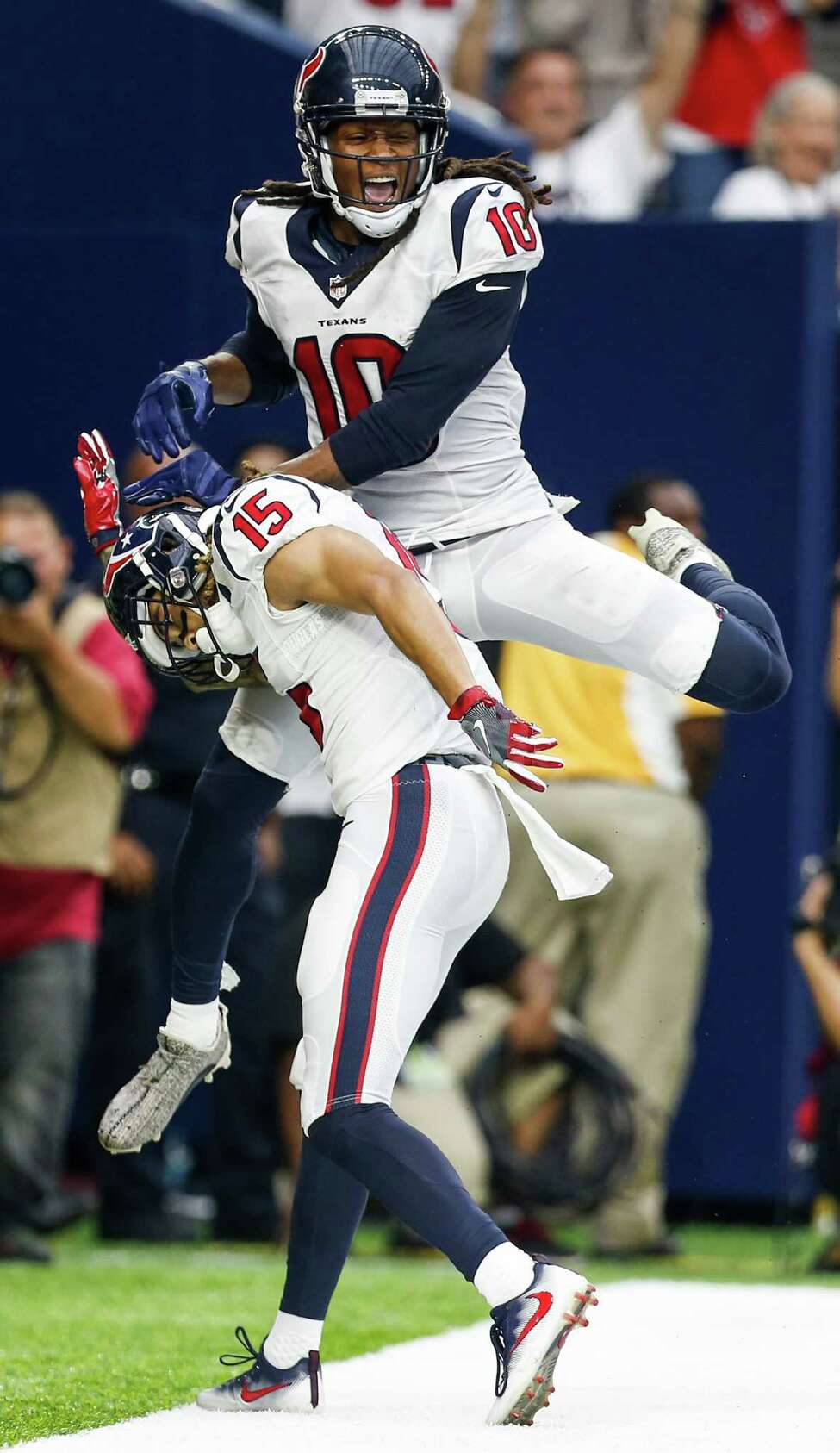Slot Receiver Vs Tight End
Posted By admin On 09/04/22In the 2019 regular and postseason, per Pro Football Focus data, slot receivers regardless of position (receivers, running backs, and tight ends) accounted for 32% of all targets, 31.6% of all receptions, 32.3% of all receiving yardage, and 34.3% of all receiving touchdowns. That enables the tight end to be eligible, because if the Z receiver were on the line, it would make the tight end ineligible. That flanker, that Z receiver - and again, those terms are. San Francisco 49ers tight end George Kittle’s is a will not play against the New York Jets with a knee injury, Dee Ford is questionable with neck spasms. Will also be without slot receiver. No tight end played a higher percentage of his snaps in the slot (67 percent) than Jared Cook did during the 2012 season. Cook was in-line a bit more than Scheffler, but didn’t see much action.
In the 2019 regular and postseason, per Pro Football Focus data, slot receivers regardless of position (receivers, running backs, and tight ends) accounted for 32% of all targets, 31.6% of all receptions, 32.3% of all receiving yardage, and 34.3% of all receiving touchdowns. In a league where the three-receiver set is by far the default formation (it happened on 69% of all snaps last season, per Sports Info Solutions), having a versatile and productive slot receiver is an absolute necessity in the modern passing game.
Moreover, there is no one kind of slot receiver in the modern NFL. It used to be that you wanted the shorter, smaller guy inside, and your bigger, more physical receivers on the outside. Then, offensive coaches started to realize that by putting bigger receivers and tight ends in the slot, you could create mismatches with slower linebackers and smaller slot cornerbacks. Teams countered this by acquiring linebackers built like safeties, eager to do more than just chase after run fits, and also by moving their best cornerbacks into the slot in certain situations.
Now that offensive and defensive coaches have worked hard to create as many schematic and personnel ties in the slot as possible, the best slot receivers are the ones who consistently show the ideal characteristics for the position. These receivers know how to exploit defenders who don’t have a boundary to help them — they’ll create inside and outside position to move the defender where they want him to go. They understand the value and precision of the option route, and how you can hang a defender out to dry with a simple “if this/then that” equation based on coverage rules. They know how to work in concert with their outside receivers to create route combinations which create impossible math problems for defenses. And they know how to get open in quick spaces.
Slot Receiver Vs Tight End Nfl
But don’t automatically assume that slot receivers are just taking the dink-and-dunk routes — they’re actually tasked to catch everything from quick slants to vertical stuff down the seam and up the numbers. Last season, per PFF data, the NFL average for yards per completion for outside receivers was 11.28. For slot receivers, it was 11.63. So, over time and based on the play design and the makeup of the receivers, teams could find just that many more yards by throwing to their slot targets.
The best slot receivers in the game bring unique and highly valuable traits to the game, and here are the best among them.
Slot Receiver Vs Tight End Game
More Top 11 lists: Slot defenders Outside cornerbacks Safeties Linebackers Edge defenders Interior defensive linemen Offensive tackles Offensive guards Centers Outside Receivers
Honorable Mentions

/cdn.vox-cdn.com/uploads/chorus_asset/file/20046879/1203646951.jpg)
Had we dropped the qualifying floor to under 50% slot snaps, two guys would have easily made it — Tampa Bay’s Mike Evans, and Baltimore’s Marquise Goodwin. Evans led all slot receivers with at least 25 targets with a passer rating when targeted of 151.3, and Brown was an absolute force against defenses in the slot — especially when he was using his speed in empty formations.
San Francisco’s Deebo Samuel, who was probably the MVP of the first half of Super Bowl LIV before things started to go backward for his team, would have received a mention as well — Samuel had just 33 targets, but caught 28 of them and helped his quarterback to a 135.3 rating when he was targeted in the slot. Kansas City speed receiver Mecole Hardman had just 23 a lot targets, but he was also highly efficient with them, helping his quarterbacks to a 133.9 rating. Though Danny Amendola was the only Lions receiver to make the 50% threshold, both Marvin Jones and Kenny Golladay were highly efficient when tasked to move inside. Other former slot stars like Tyreek Hill of the Chiefs and Minnesota’s Adam Thielen saw their roles change more to the outside in 2019 from previous seasons.
Of the receivers who actually qualified, Nelson Agholor of the Eagles was quietly efficient and had just two drops in the slot last season — which would go against several memes on the subject. Buffalo’s Cole Beasley just missed the cut, through he was one of several receivers on the Bills’ roster who didn’t always get the accuracy and efficiency they deserved from quarterback Josh Allen. And though Randall Cobb was productive for the Cowboys last season and should be so for the Texans in 2020, his nine drops as a slot man… well, we can only have one guy with nine slot drops on this list. More on that in a minute.
Now, on to the top 11.
Willie Snead IV Julian Edelman Tyler Boyd Jared Cook Golden Tate Keenan Allen Larry Fitzgerald Allen Robinson Cooper Kupp Chris Godwin Tyler Lockett